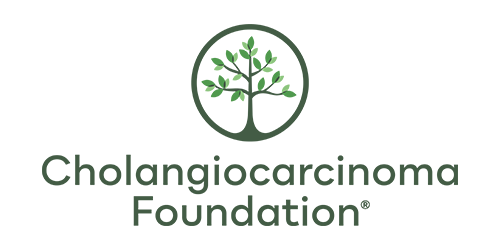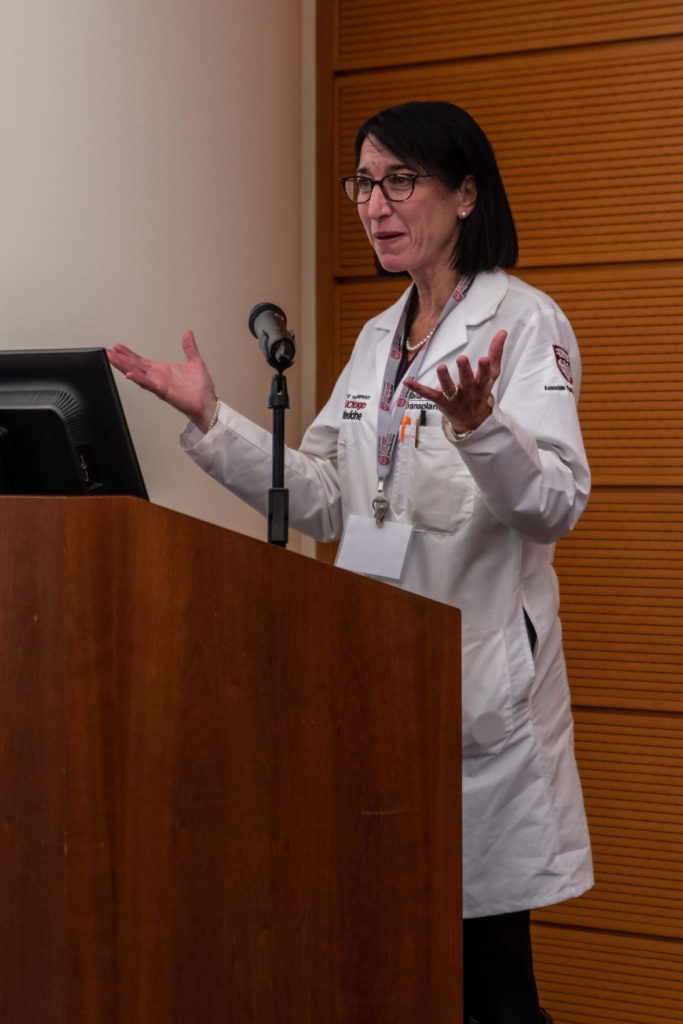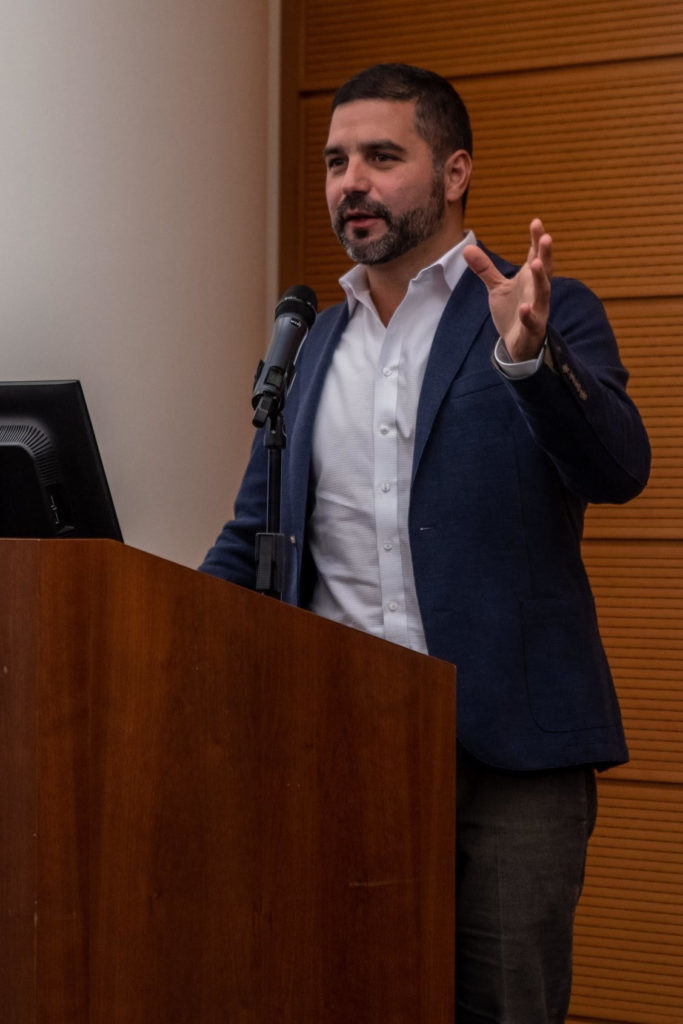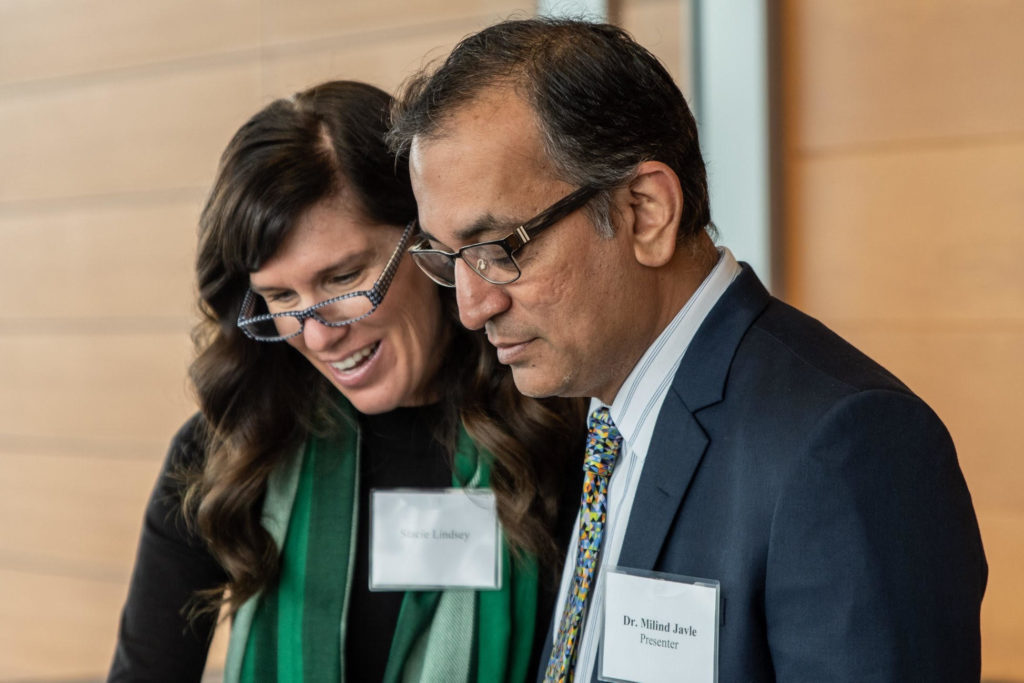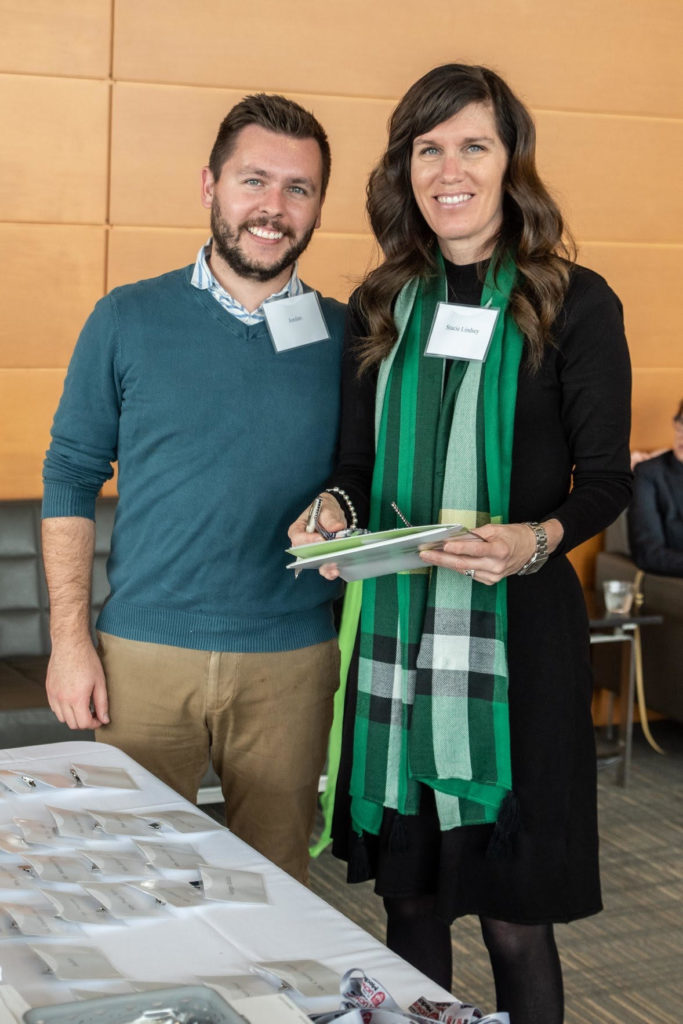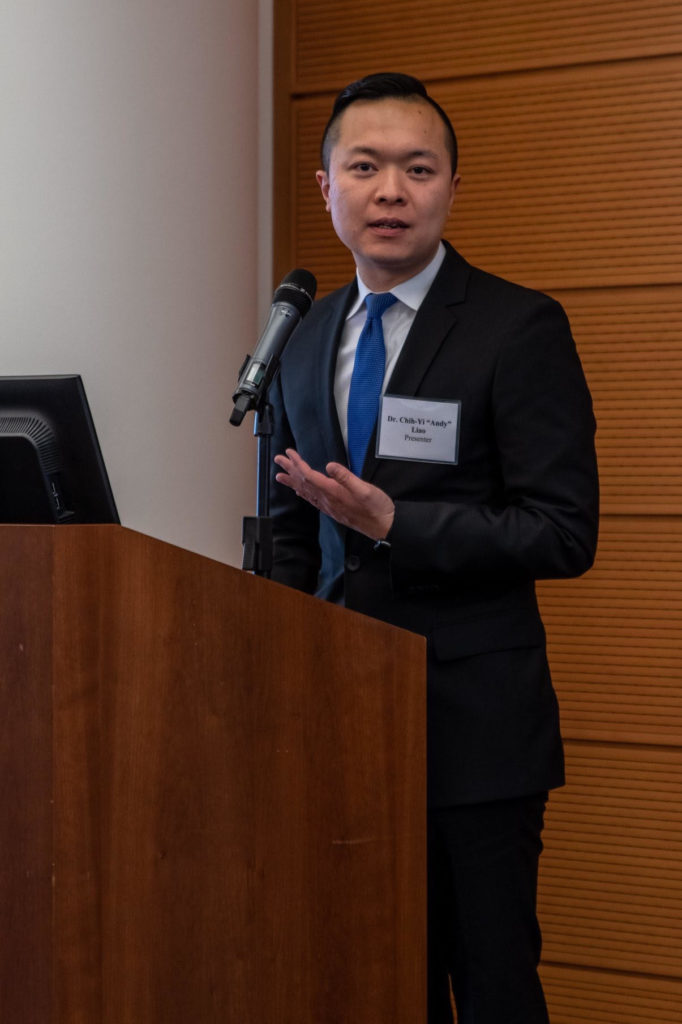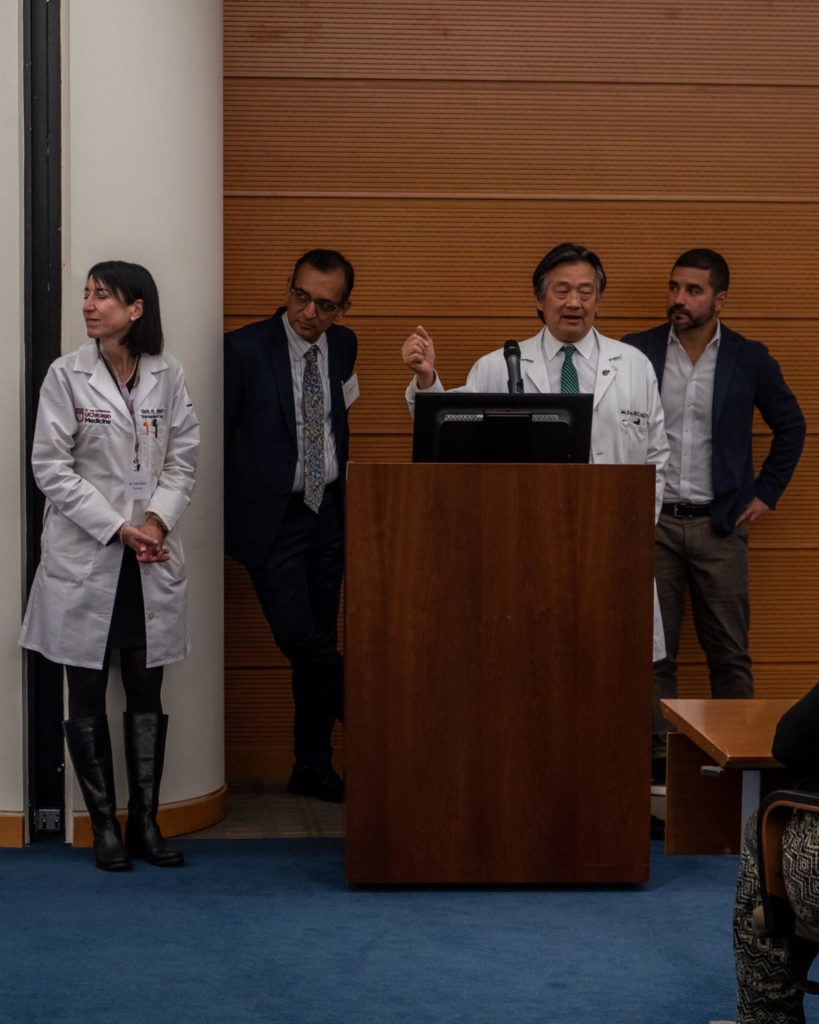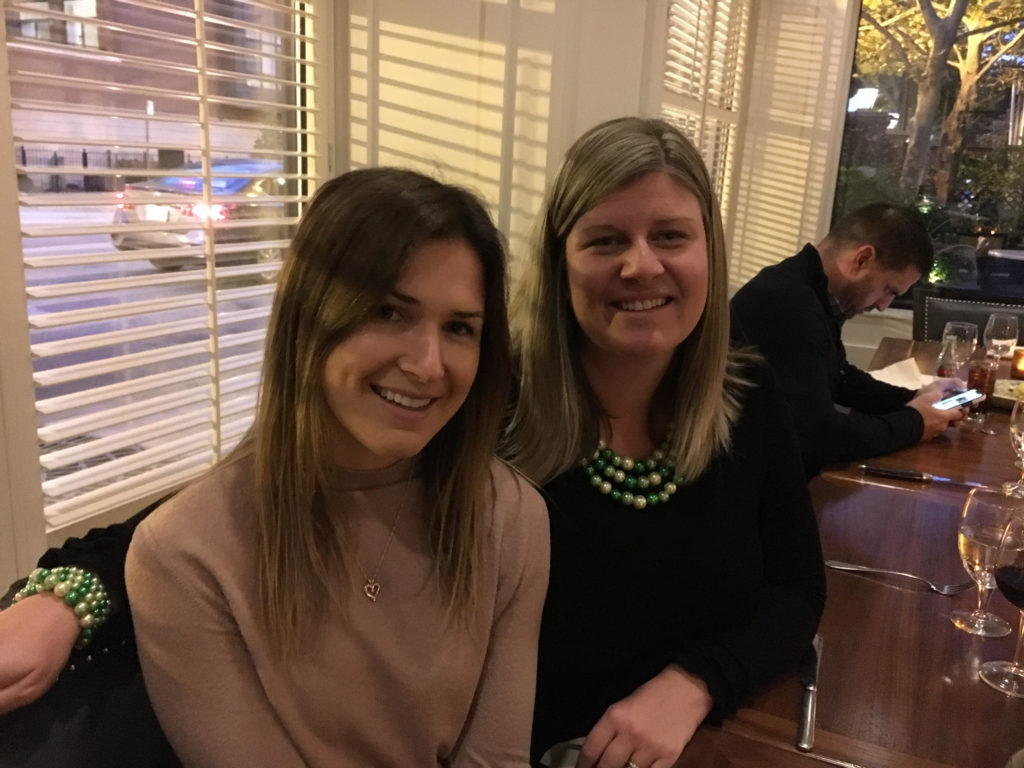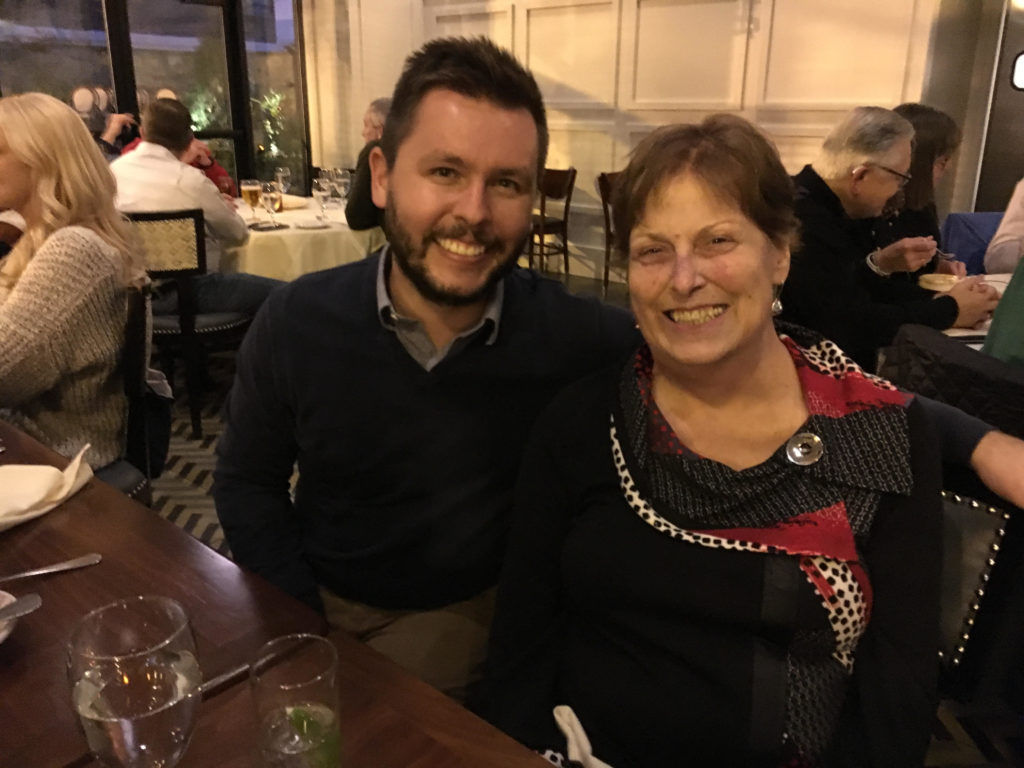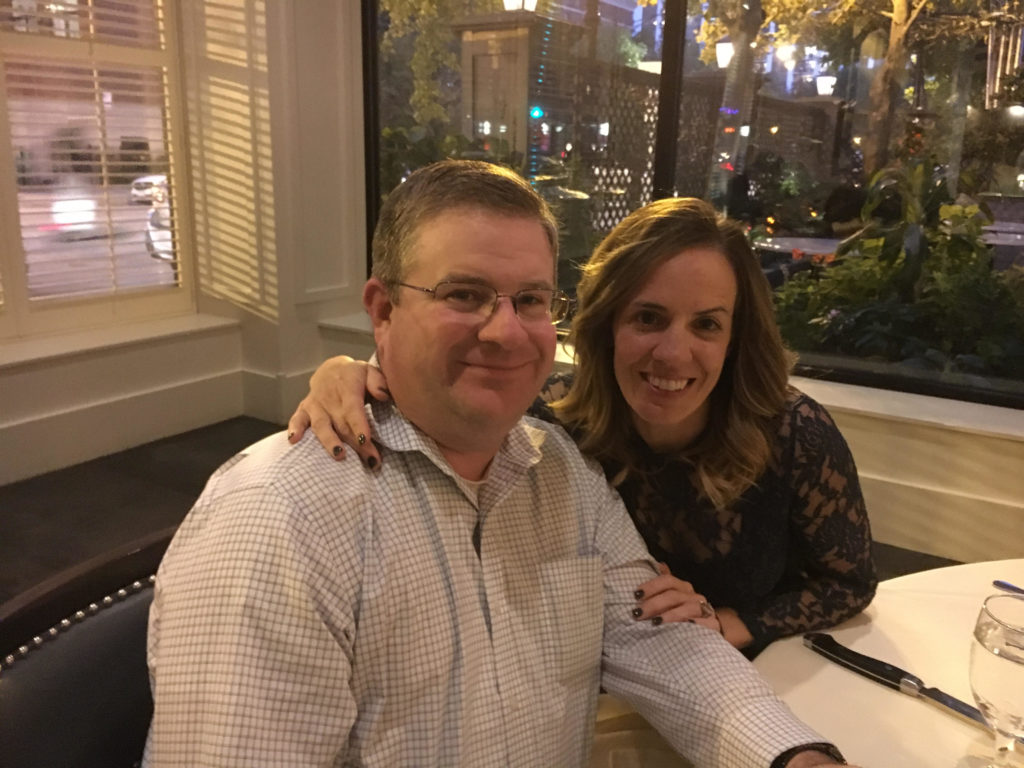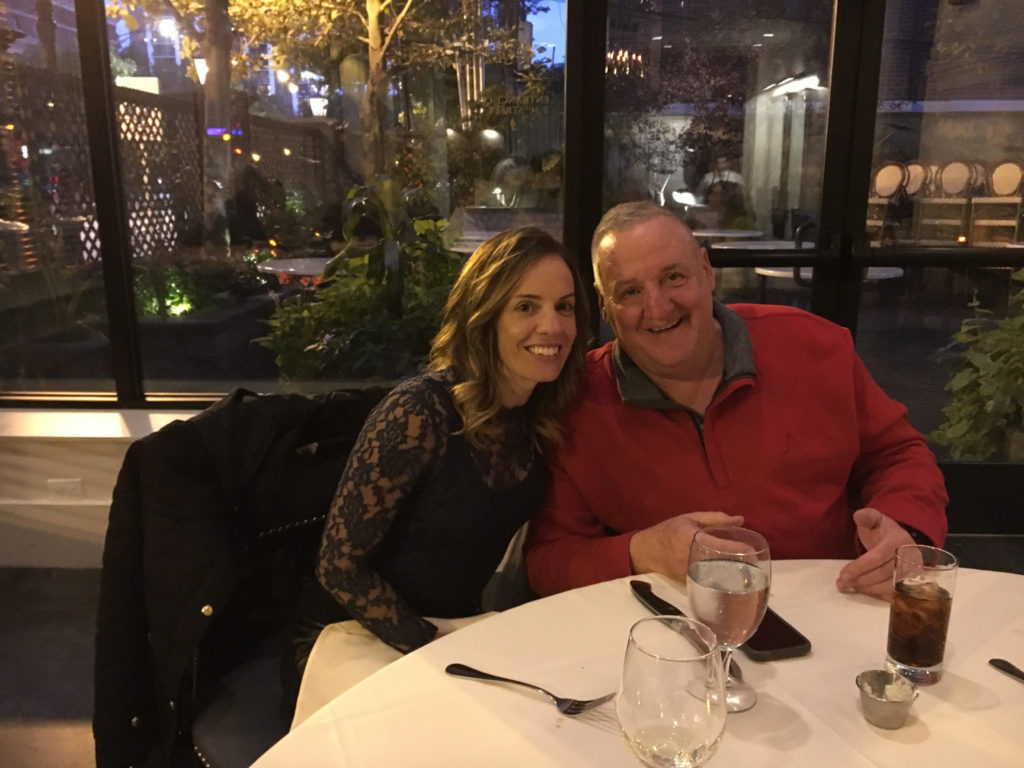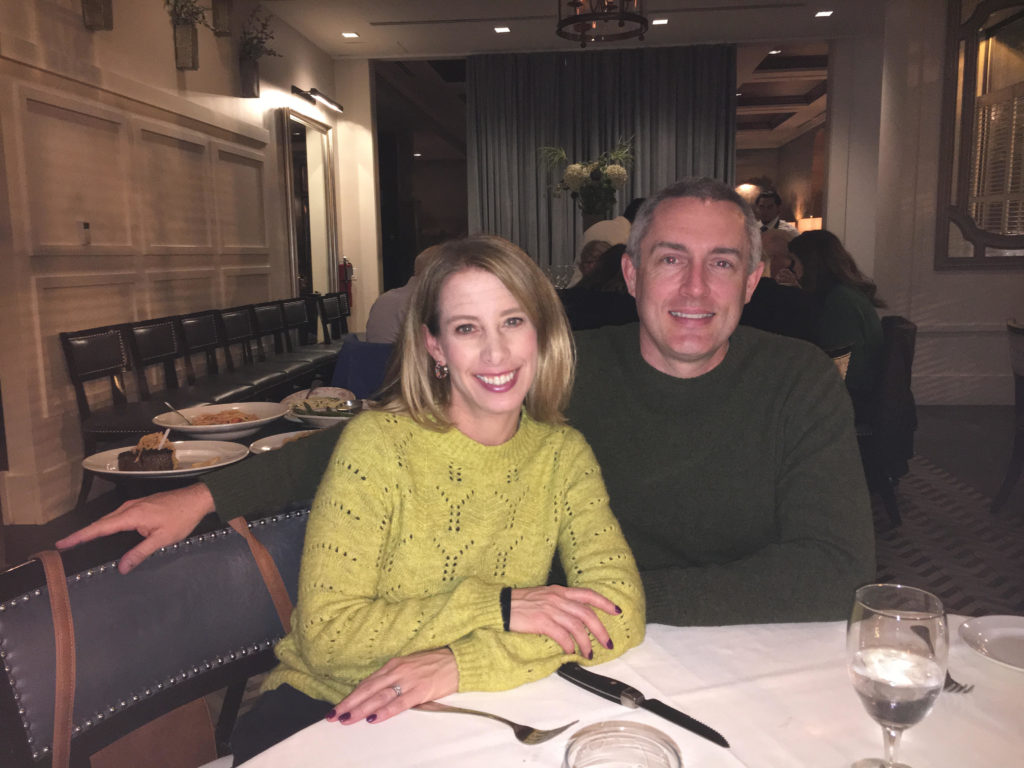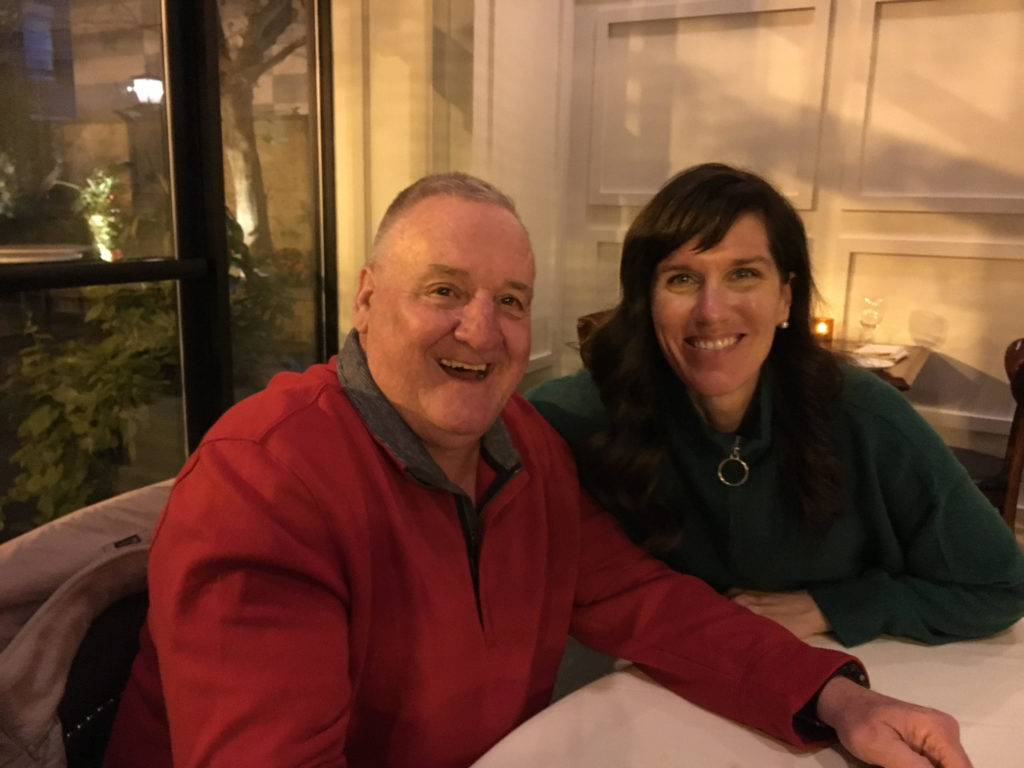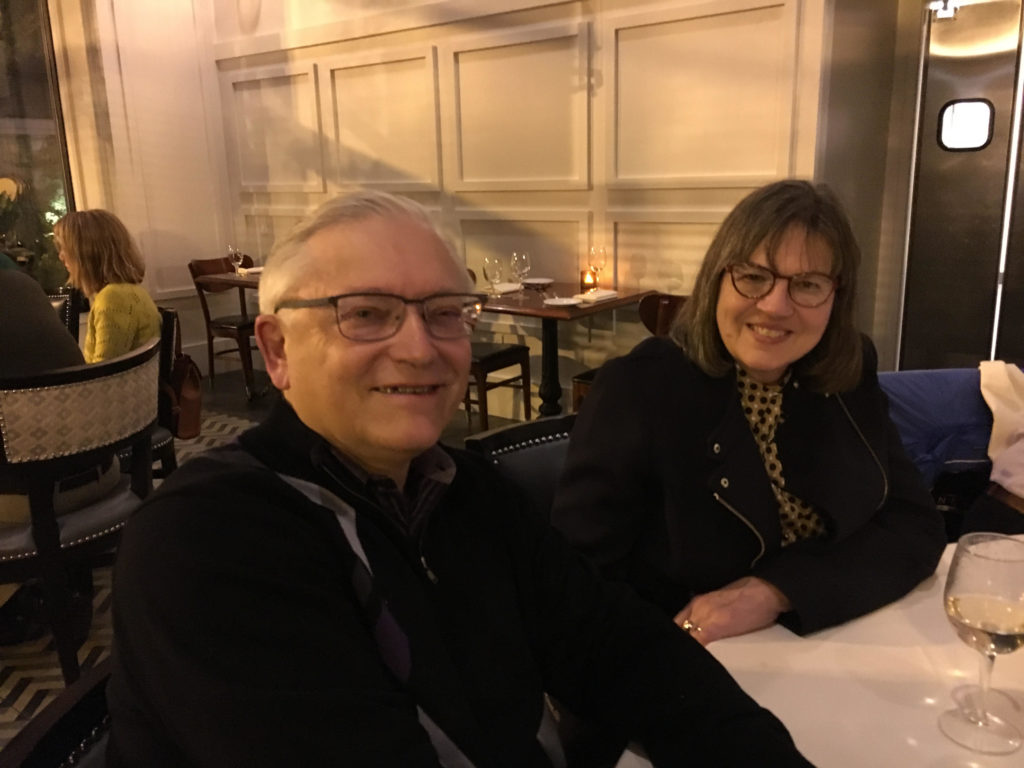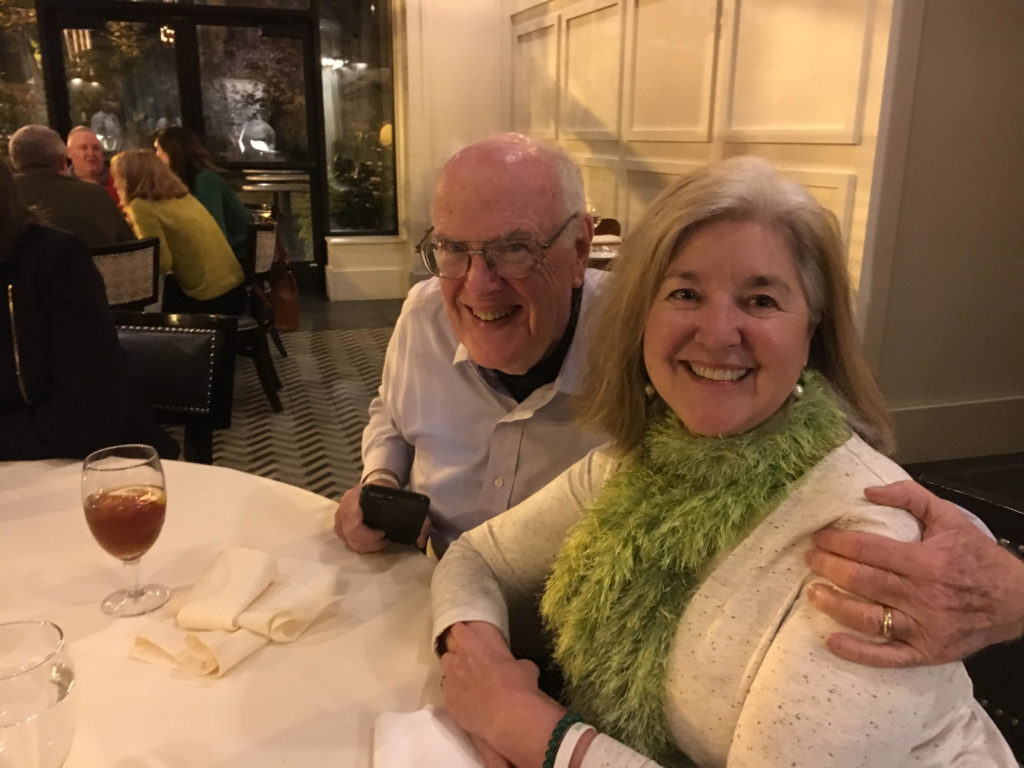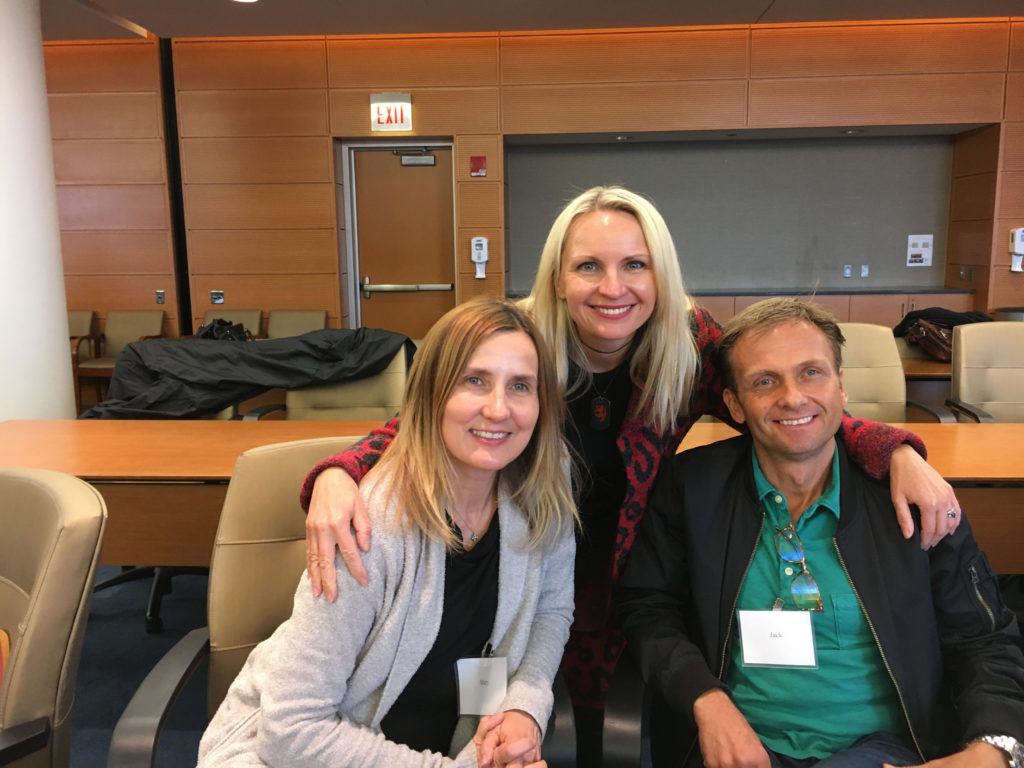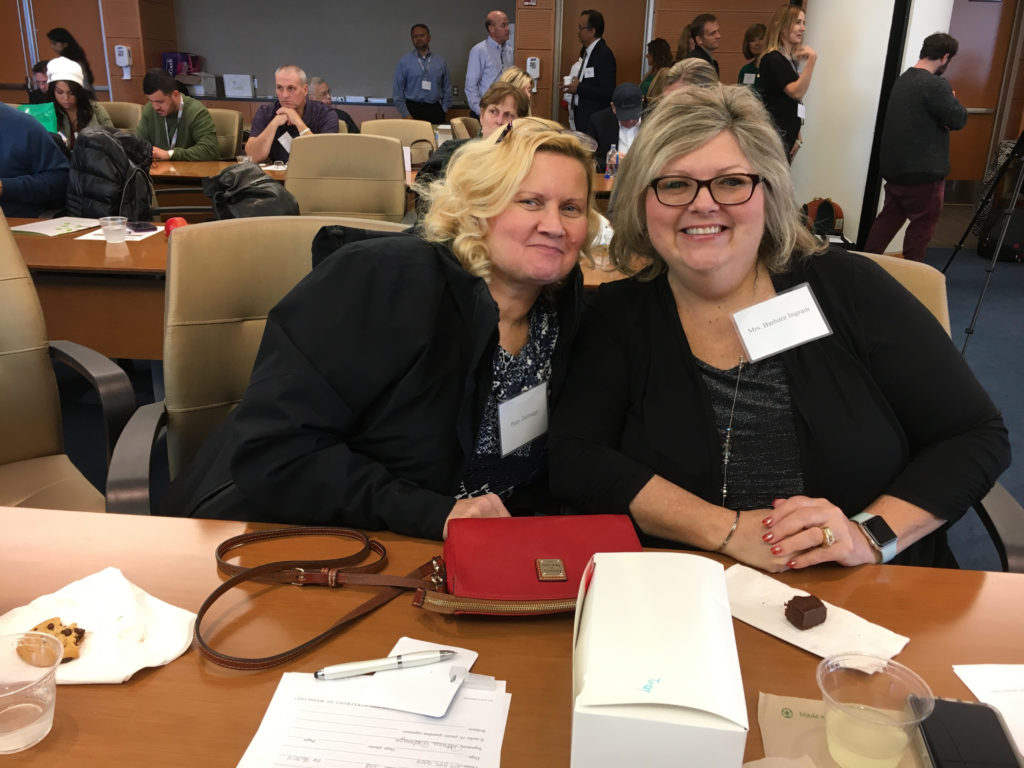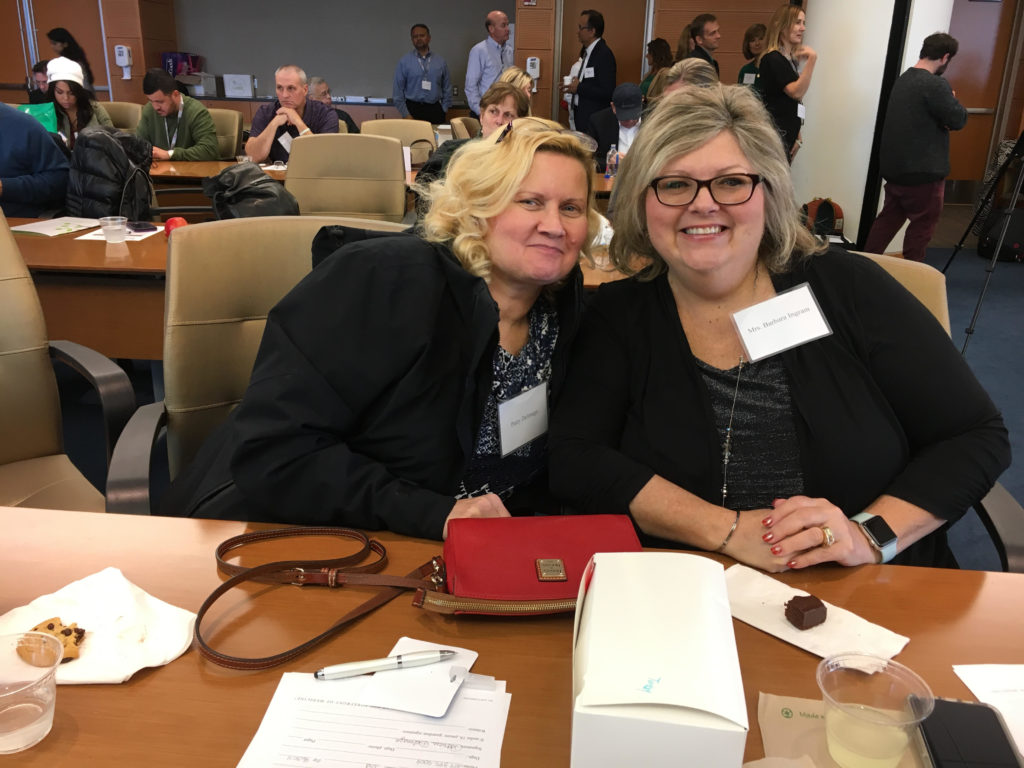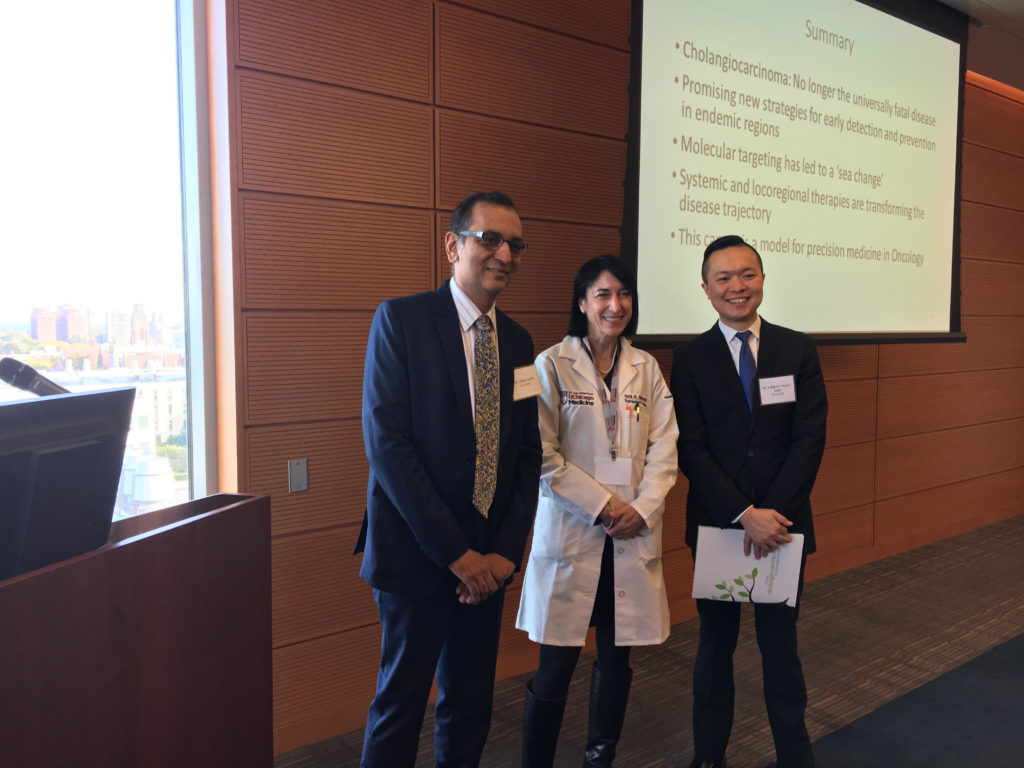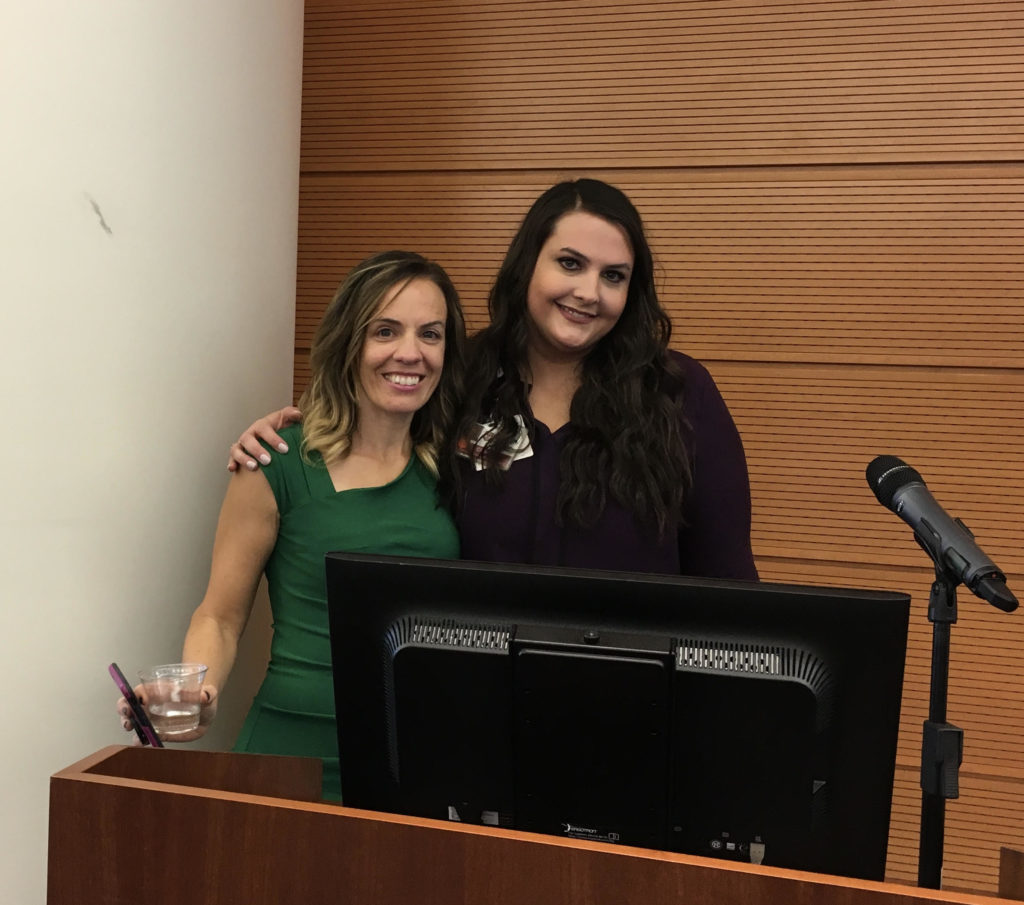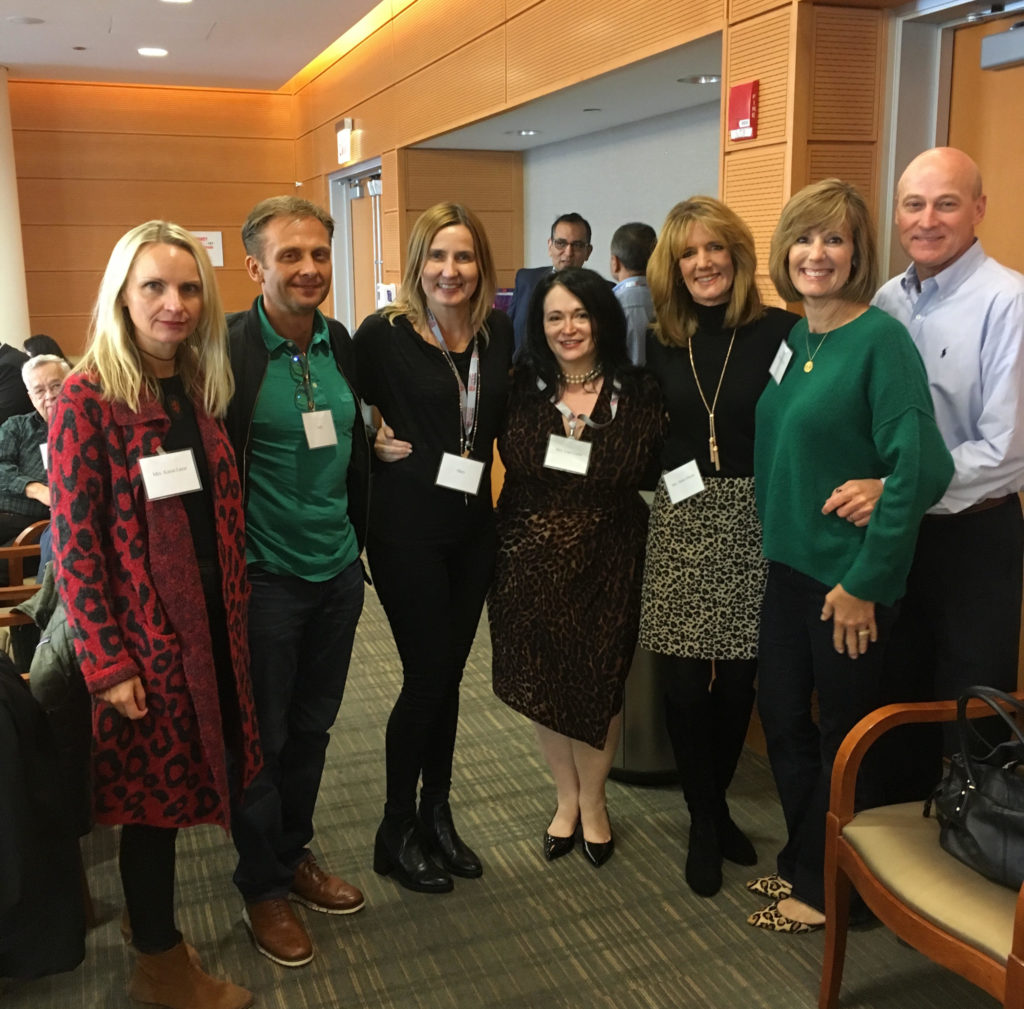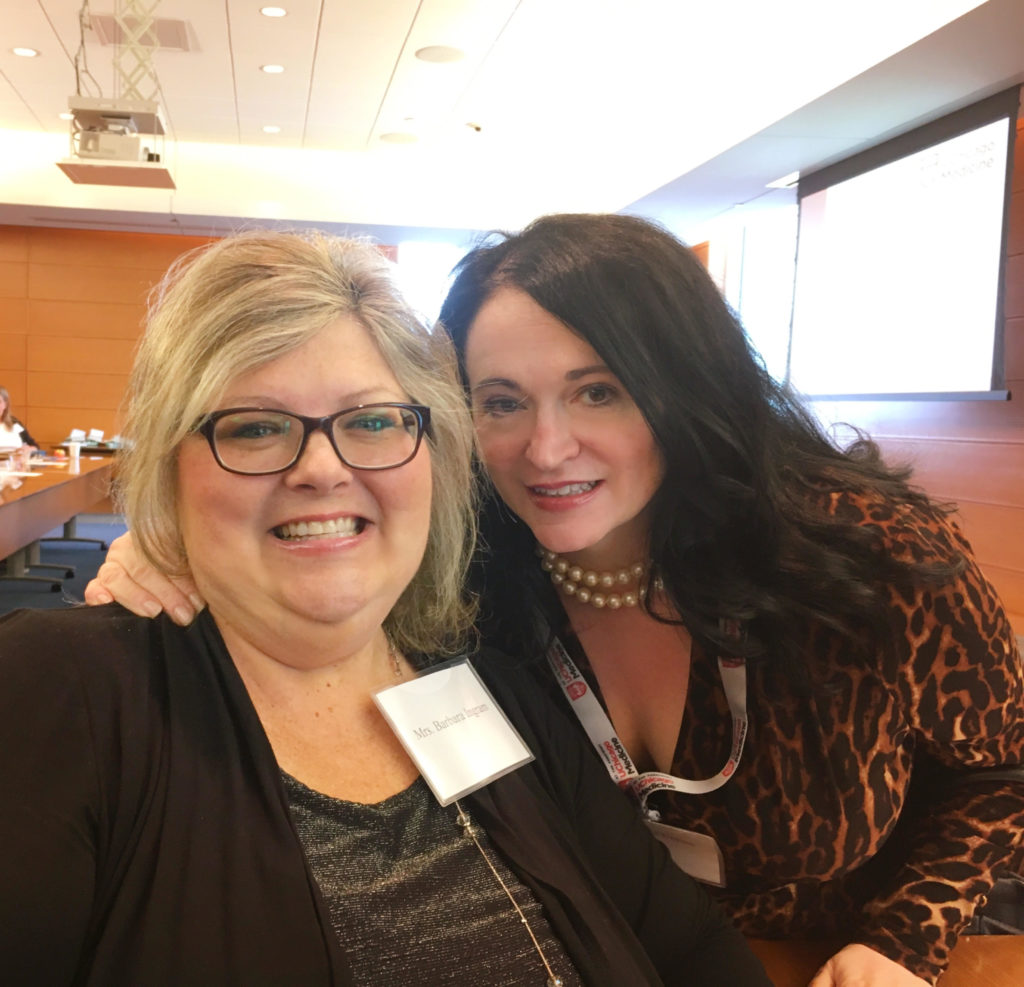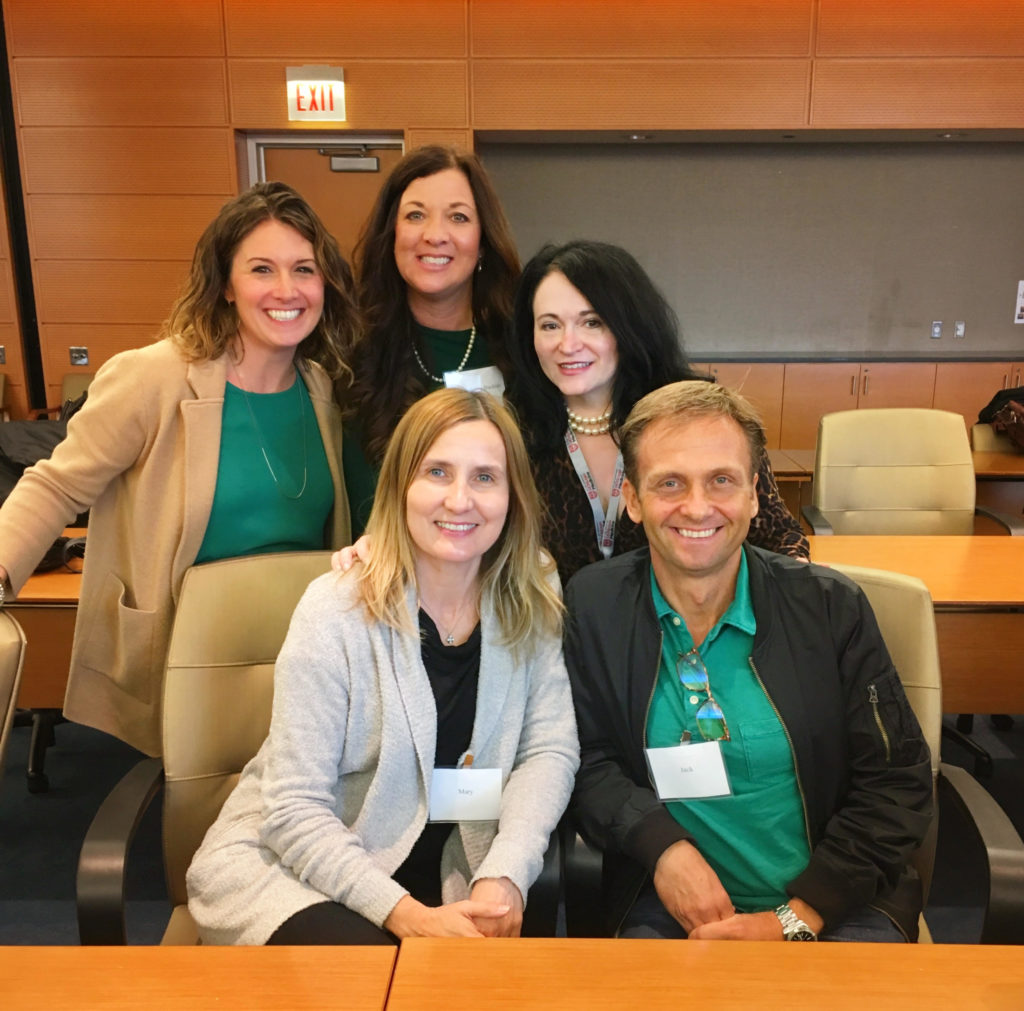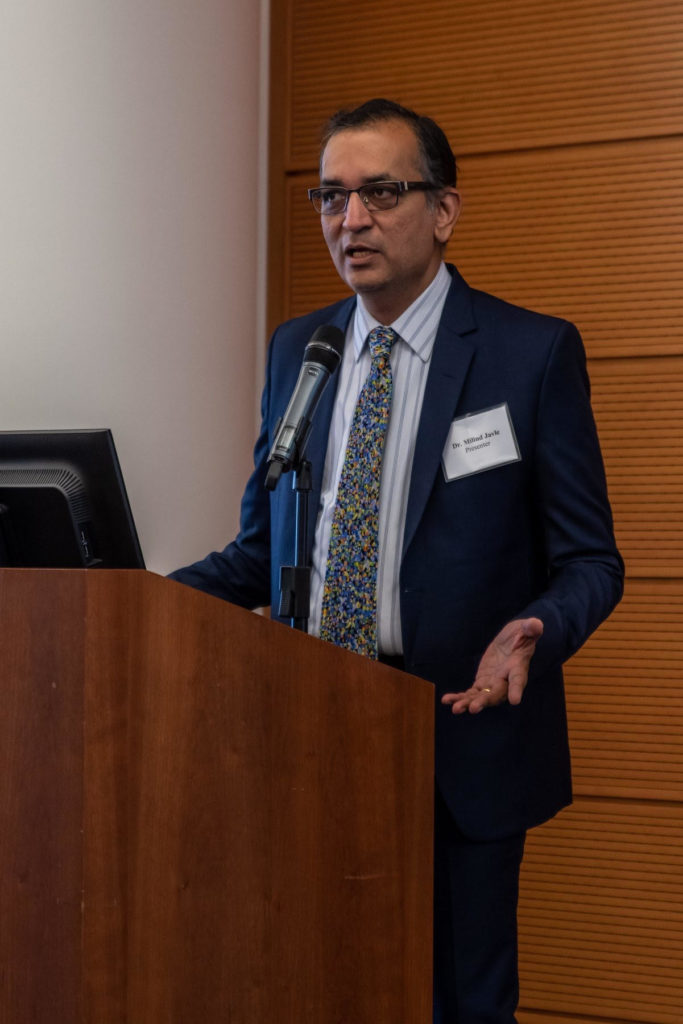Notes from Chicago
CCF sponsored a half-day symposium at the University of Chicago last week. Here are some notes and impressions. It’s not complete, and perhaps I got some of it wrong. I’d appreciate comments and corrections.
Stacie Lindsey outlined the history and mission of CCF. I can’t help but feel that her work and that of her staff has in a big part been responsible for the rising attention that CCA is getting in the medical community. The recent creation of CCA cell lines, much with CCF financing, facilitates new-drug evaluation with CCA its inclusion with trials. The adoption of Ciitizen (yes, they spell it that funny way) both simplifies record-keeping for patients and doctors and provides a database for academic and industrial R&D related to treatments and drug development.
There was a presentation by Ciitizen with opportunities for audience questions. Ciitizen provides a platform for patients to collect their medical data in digital form directly from their doctors’ records, save it in an online database, and share it with family and medical professionals so that new doctors can quickly acquire their health history. Patients can also choose to contribute clinical and genomic data to the Cholangiocarcinoma Foundation registry for access by critical research efforts; it’s not required, but it’s a good idea. There is no charge. We watched a patient sign up right there in front of us. The process went quickly and smoothly.
Dr. Milind Javle, our long-time supporter and board member from MD Anderson in Houston, noted a steady increase in the worldwide incidence of interhepatic CCA (but not extrahepatic CCA). Many cases involve actionable mutations (ERBB2, BRAF, PIdKCA, FGFR1-3, and IDH1/2) which can be detected at modest-cost by circulating blood genomic analysis; this method holds potential as a means of early detection. Ivosidenib treatment for IDH1-mutated CCA (~20% of CCA) has done well in trial, and Dr. Javle is hoping for FDA approval in the near future. Phase-2 trial of infigratinib for Stage-4 patients with FGFR2 fusion mutations (~10% of CCA) has achieved 83% disease control rate. The ROAR basket trial (meaning various cancers including CCA) treated patients with BRAF mutations (~5% of CCA) with dabrafenib and trametinib, with a 51% overall response; this combination already has FDA approval for treating melanoma and lung cancer. CCA treatment with PD-1 blockers (e.g. pembrolizumab) has had disappointing results (only 6% response), but the addition of a cytokine growth factor that prompts T cells to infiltrate tumors (GM-CSF) increases the response rate to 19%. Liver transplant, too, is coming on as an effective treatment.
This Symposium was a Chicago show; the stage belonged to the University of Chicago. They did not fail to blow their horn, and it was a very fine tune that they played. I come away with the impression that if you are going to have cholangiocarcinoma, Chicago is one of the better places to have it.
Dr. Andy Liao, an oncologist treating CCA at Univ. of Chicago, gave the opening presentation on emerging treatment options. Surgery offers a chance for long-term survival, but only if there are no remaining micrometastases (R0 resection). With micrometastases (R1 resection), adjuvant therapy with capecitabine is helpful for extrahepatic but not intrahepatic CCA. For patients with more advanced disease, gemcitabine/cisplatin has a disease control rate (i.e. it helps at least a little) of 81%; this is the standard first-line therapy. There is a phase-3 study of the effectiveness of adding paclitaxel. Radiation treatment combined with gemcitabine/cisplatin and/or capecitabine can shrink tumors sufficiently to enable surgery. Liver transplant, performed at Univ. of Chicago on hylar CCA, has a remarkable success record of multi-year survival. Immune therapy (pembrolizumab) is effective for mismatch-repair-deficient tumors (d-MMR) (77% disease control rate), but only ~3% of CCA patients have a d-MMR tumor. In the general CCA population there is only a ~6% response rate to immune therapy. Dr. Liao is looking to a new immunotherapy drug called M7824, granted orphan status by the FDA and now in trial, that blocks both PDL-1 and TGFβ. TGFβ is a protein that can promote tumor growth; its blockage has been somewhat successful in European trials with CCA (~20% response rate). Dr. Liao expects to lead a trial of M7824 for metastatic CCA this fall
Surgical options were described by Dr. Talia Baker, who has resected the tumors of a few patients in the audience. The emphasis of her presentation was on liver transplant, especially for small hilar tumors above the cystic duct. Transplantation, combined with pre- and post-operative radiation and chemotherapy, was first applied to extrahepatic CCA, but now is being applied for interhepatic CCA as well. Good long-term survival is achieved in both cases.
Dr. George Behrens discussed the role of interventional radiology. This is a critical part of the treatment protocol at Univ. of Chicago. Even in resectable cases, radiation and chemotherapy are used to reduce both tumor size and the likelihood of micrometastasis formation. Small (<5cm), isolated tumors can be eliminated by thermal ablation alone. For cases where thermal ablation is difficult, especially extrahepatic CCA, irreversible electroporation (IRE) can be used: high-voltage pulses on electrodes surrounding the tumor generate pores in the tumor cell membrane, leading to cell death. Tumors that are large or more distributed about the liver can be treated by localized chemotherapy (TACE) or radiation (TARE), with survival results comparable to surgery. With TACE, chemo agents, recently in form of a slow-release drug-eluding bead (DEB-TARE), are injected directly into a liver artery to concentrate them at the tumor. Survival results are much better than with chemotherapy alone, and are better still if the two are used together. A preferred form of TARE, Y90 radioembolization, involves injecting small particles with radioactive yttrium-90 into a liver artery, providing a localized radiation dose much stronger often with R0 results and a chance for long-term survival.
My takeaway:
- CCA is a tough nut to crack, but the good doctors are squeezing hard and the disease is starting to yield.
- Resection does better if combined with chemo and radiation (especially Y90 TARE).
- Just because a tumor cannot be resected now doesn’t mean it can’t be later. It may be shrinkable to resectability with chemo and radiation.
- Those with IDH mutations: watch the news! Ivosidenib may be coming mainstream.
- Those few with BRAF mutations: ask about combined dabrafenib and trametinib.
- If you don’t know your mutations, learn them. They may open up whole new treatments.
- Existing immunotherapy drugs occasionally work well with CCA, but not very often. Improvements are on the way.
